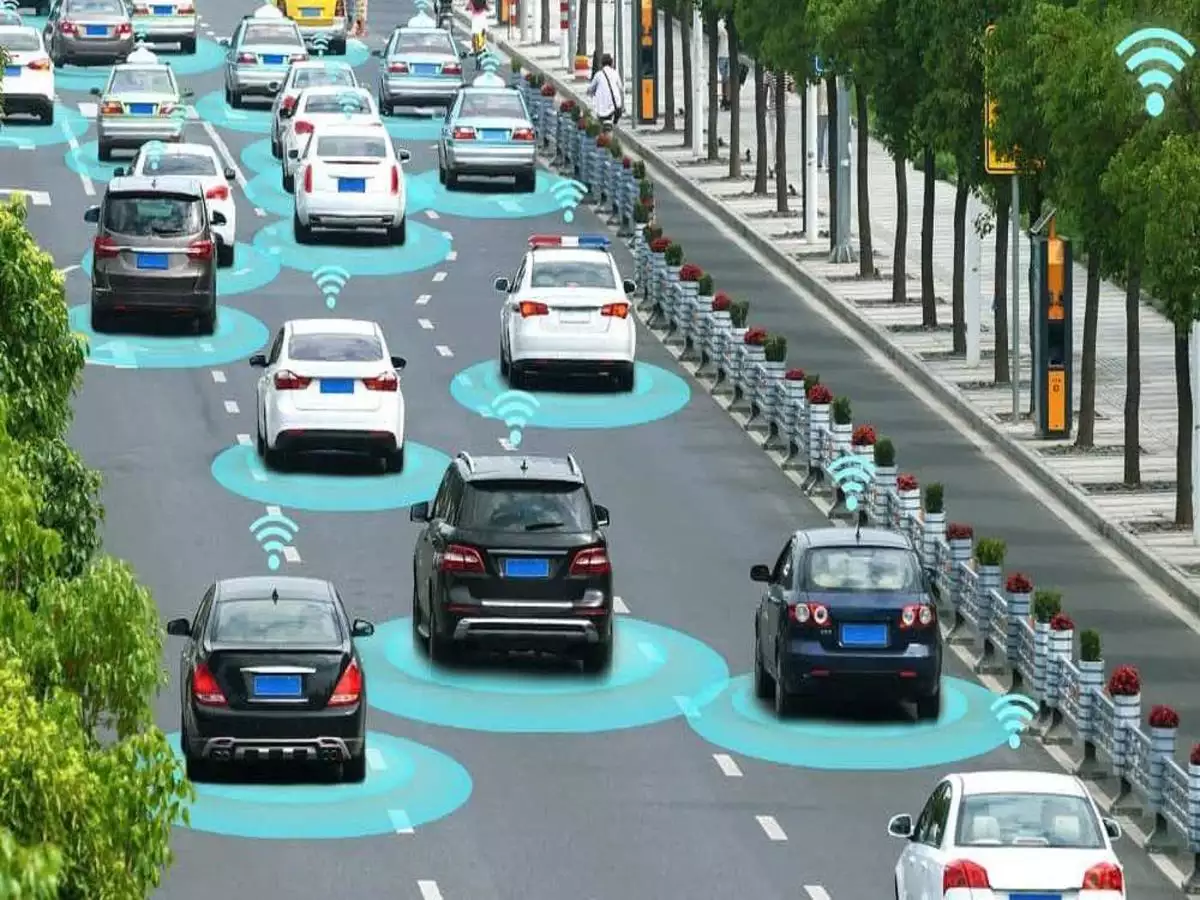In a significant development for Pune’s urban traffic management, the Pune Smart City Development Corporation Limited (PSCDCL) has decided to retain control over the Adaptive Traffic Management System (ATMS) for the next five years, reversing earlier plans to transfer it to the Pune Municipal Corporation (PMC). This move comes after the central government extended the Smart City initiative until March 2025, giving PSCDCL the authority to continue managing the system. The ATMS, a critical component of Pune’s smart infrastructure, was introduced to address the city’s persistent traffic congestion by synchronising traffic signals across key intersections.
Initially part of the ambitious Smart City project, the ATMS was designed to optimise traffic flow by adjusting signal timings in real time, thereby reducing waiting times, increasing average speeds, and managing traffic during peak hours or emergencies. With an investment of ₹102 crore for installation at 125 intersections, the system also prioritises emergency vehicles such as ambulances and fire trucks. However, despite its potential, the system has faced operational challenges, including difficulties in performance and maintenance. This has led to complaints from the Pune Police regarding its functionality, resulting in a delay in any further financial disbursements for its upkeep until improvements are made.
From a civic standpoint, the decision to retain control within the Smart City framework provides continuity for the system’s maintenance and operation, alleviating concerns about potential lapses if responsibility had been handed over to the PMC or other agencies. However, this decision has not been without its criticisms. Some local stakeholders argue that the management of such critical infrastructure should transition to local bodies for better responsiveness and efficiency. Nevertheless, with PSCDCL at the helm, Puneites can expect a more streamlined approach to resolving issues and optimising the system in the long run.
In terms of sustainability, the ATMS plays a pivotal role in reducing Pune’s carbon footprint by improving traffic efficiency and reducing fuel consumption. By minimising congestion, the system helps lower emissions from idle vehicles, contributing to cleaner air quality in the city. As Pune continues to expand, the effectiveness of such smart city initiatives will be essential in managing the challenges of urbanisation while promoting environmental sustainability. The extension of the Smart City project provides an opportunity to fine-tune and ensure the ATMS reaches its full potential, contributing to both improved traffic management and a more sustainable urban environment.


